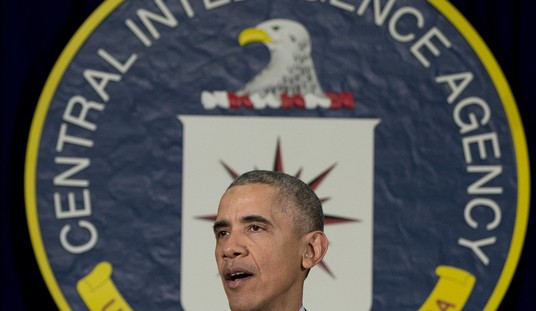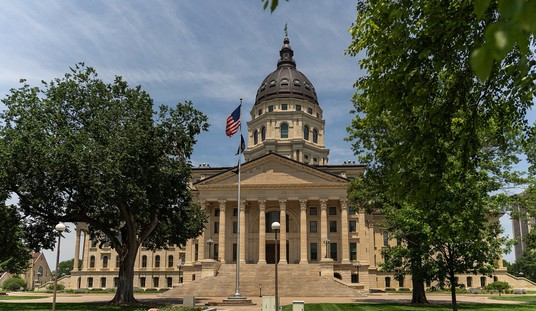Facing increasing public pressure over how his company protects user data, Facebook CEO Mark Zuckerberg will appear before two Congressional panels this week.
On Tuesday, the tech giant will give testimony to the Senate Judiciary and Senate Commerce, Science and Transportation committees; on Wednesday he will sit before the House Energy and Commerce Committee, which published prepared remarks Monday the tech executive is expected to deliver. In those remarks, Zuckerberg essentially apologizes for the data sharing scandal that some believe gave Russian operatives enough information to help foster a campaign of meddling in the 2016 election.
Those remarks read in part:
Facebook is an idealistic and optimistic company. For most of our existence, we focused on all the good that connecting people can bring. As Facebook has grown, people everywhere have gotten a powerful new tool to stay connected to the people they love, make their voices heard, and build communities and businesses. Just recently, we’ve seen the #metoo
movement and the March for Our Lives, organized, at least in part, on Facebook. After Hurricane Harvey, people raised more than $20 million for relief. And more than 70 million small businesses now use Facebook to grow and create jobs.But it’s clear now that we didn’t do enough to prevent these tools from being used for harm as well. That goes for fake news, foreign interference in elections, and hate speech, as well as developers and data privacy. We didn’t take a broad enough view of our responsibility, and that was a big mistake. It was my mistake, and I’m sorry.
I started Facebook, I run it, and I’m responsible for what happens here. So now we have to go through every part of our relationship with people and make sure we’re taking a broad enough view of our responsibility.
The hearings are the result of a recent report from a whistleblower that tech firm Cambridge Analytica, which had ties to former Donald Trump consultant and Breitbart head Steve Bannon, improperly gained access to the personal information of as many as 87 million Facebook users.
While there are some who insist that Facebook made the vulnerability of user information clear in their terms of service, others assert that Americans were not adequately aware of how much their information was available for redistribution.
Zuckerberg will reportedly address the CA scandal and brief the panels on what the company plans to do in the future to meet the privacy demands of users, while also shielding his platform from abuse by foreign entities seeking to sow discord in the American electorate.














Join the conversation as a VIP Member